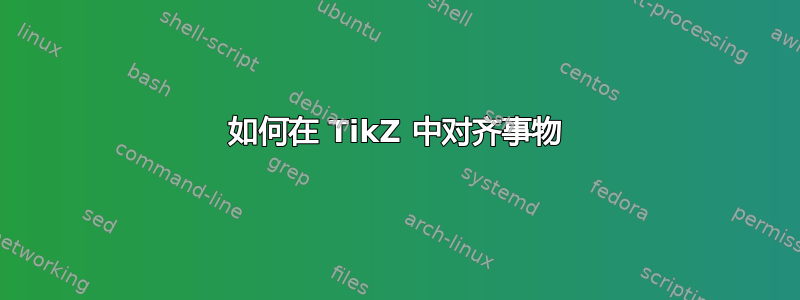
今天我正在做一个项目,在 TikZ 中很难对齐一些东西。我对 LaTeX 和 TikZ 还很陌生,所以如果有人能看看并提供帮助那就太好了。
\begin{center}
\begin{tikzpicture}
\vspace{5cm}
\shade[ball color = gray!40, opacity = 0.4] (0,0) circle (1cm);
\draw (0,0) circle (1cm);
\draw (-1,0) arc (180:360:1 and 0.3);
\draw[dashed] (1,0) arc (0:180:1 and 0.3);
\fill[fill=black] (0,0) circle (1pt);
\draw[dashed] (0,0 ) -- node[above]{$1$} (1,0);
\hspace*{3\linewidth}
\end{tikzpicture}
\begin{tikzpicture}
\shade[ball color = gray!40, opacity = 0.4] (0,0) circle (2cm);
\draw (0,0) circle (2cm);
\draw (-2,0) arc (180:360:2 and 0.6);
\draw[dashed] (2,0) arc (0:180:2 and 0.6);
\fill[fill=black] (0,0) circle (1pt);
\draw[dashed] (0,0 ) -- node[above]{$2$} (2,0);
\end{tikzpicture}
\end{center}
我不知道如何让球体垂直对齐并在它们之间留出水平距离。如果可以的话请帮忙!
答案1
欢迎来到 TeX.SE!!!
一种可能性是在同一环境中绘制两个球体tikzpicture。然后您可以创建一个scope并移动其中一个球体的坐标原点。
像这样:
\documentclass[tikz,border=2mm]{standalone}
\begin{document}
\begin{tikzpicture}
% left sphere
\shade[ball color = gray!40, opacity = 0.4] (0,0) circle (1cm);
\draw (0,0) circle (1cm);
\draw (-1,0) arc (180:360:1 and 0.3);
\draw[dashed] (1,0) arc (0:180:1 and 0.3);
\fill[fill=black] (0,0) circle (1pt);
\draw[dashed] (0,0 ) -- node[above]{$1$} (1,0);
% right sphere, shifting the origin to the point (4,0)
\begin{scope}[shift={(4,0)}]
\shade[ball color = gray!40, opacity = 0.4] (0,0) circle (2cm);
\draw (0,0) circle (2cm);
\draw (-2,0) arc (180:360:2 and 0.6);
\draw[dashed] (2,0) arc (0:180:2 and 0.6);
\fill[fill=black] (0,0) circle (1pt);
\draw[dashed] (0,0 ) -- node[above]{$2$} (2,0);
\end{scope}
\end{tikzpicture}
\end{document}
答案2
将选项添加baseline={(0,0)}到您的tikzpictures。花括号是必需的,因为(0,0)包含逗号,否则会被误认为是选项之间的分隔符。该baseline选项指定用于水平对齐的点。
\documentclass{article}
\usepackage{tikz}
\begin{document}
\begin{center}
\begin{tikzpicture}[baseline={(0,0)}]
\shade[ball color = gray!40, opacity = 0.4] (0,0) circle (1cm);
\draw (0,0) circle (1cm);
\draw (-1,0) arc (180:360:1 and 0.3);
\draw[dashed] (1,0) arc (0:180:1 and 0.3);
\fill[fill=black] (0,0) circle (1pt);
\draw[dashed] (0,0 ) -- node[above]{$1$} (1,0);
\hspace*{3\linewidth}
\end{tikzpicture}
\begin{tikzpicture}[baseline={(0,0)}]
\shade[ball color = gray!40, opacity = 0.4] (0,0) circle (2cm);
\draw (0,0) circle (2cm);
\draw (-2,0) arc (180:360:2 and 0.6);
\draw[dashed] (2,0) arc (0:180:2 and 0.6);
\fill[fill=black] (0,0) circle (1pt);
\draw[dashed] (0,0 ) -- node[above]{$2$} (2,0);
\end{tikzpicture}
\end{center}
\end{document}




